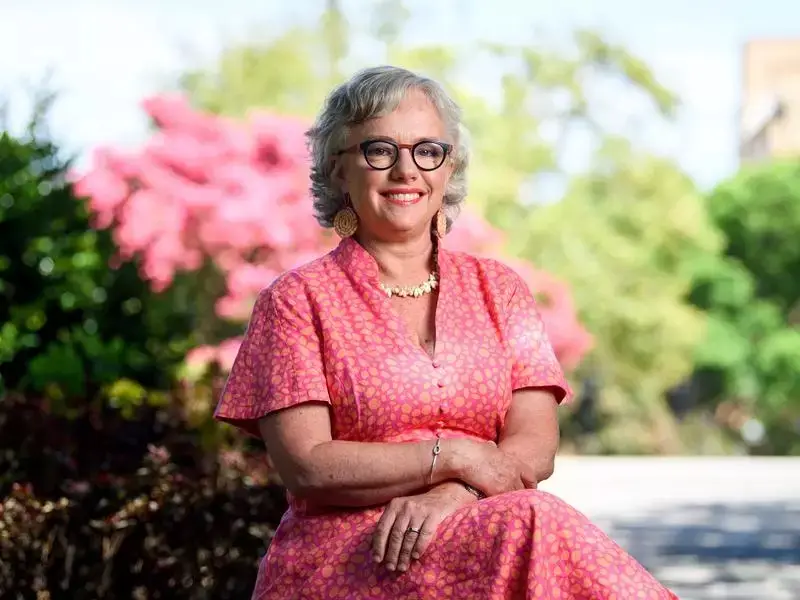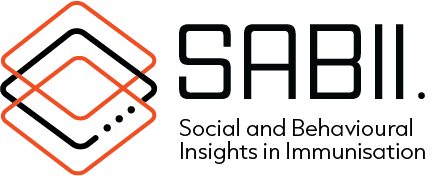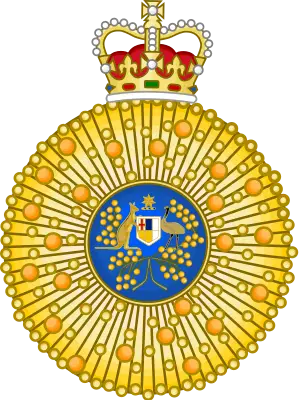
Photo credit: Bianca De Marchi/AAP PHOTOS
The SABII team would like to wish Professor Julie Leask a huge congratulations for being appointed an Officer of the Order of Australia (AO) for “distinguished service to health and medical research, to policy advice, and to enhancing community understanding of immunisation.”
In receiving the award, Julie was asked to answer some questions:
What do you think has been the greatest impact of the work that you do?
My field looks at why people do not, or cannot, vaccinate and what to do about it. I have grown a network of other researchers who study vaccine confidence and uptake. Together we have made a difference to education and communication about vaccination. Our research doesn’t just focus on hesitancy, but also the practical barriers. We show how services, programs and systems can make vaccines as accessible as possible so all people everywhere have access to this powerful means of prevention.
I have led work for the World Health Organization developing tools for countries to understand and address the causes of low vaccination rates. I have led development of resources to help health professionals talk with people who are hesitant about vaccination. I have advised Australian governments and other countries on how to address some of the communication challenges around vaccines and vaccine-preventable diseases.
What motivates you to do what you do? Where does the enjoyment come from?
I am passionate about preventing illness and injury. Most of the things that have been successful in public health – vaccination, tobacco control, seat belts, nutrition content labelling, and so forth, rely on human behaviour. I also study health communication. People often call communication the ‘soft’ skill. But good communication can be hard. And it can save lives. That gives my job lots of meaning.
How did you feel when you first heard that you were being considered for recognition in the Order of Australia?
Recognition like this brings a mixture of emotions. There is the sweetness of knowing kind people nominated you, but also the questioning of whether you deserve it. Many people achieve a great deal but don’t get such public recognition. So my immediate response when I first read that I was being considered for an OA, was to cry. I felt appreciated and challenged.
Would you like to thank anyone?
As a social researcher, I am grateful to all the people who have generously shared their thoughts and experiences and contributed to the knowledge we’ve built. I thank my team at the University of Sydney and the national Collaboration on Social Science in Immunisation, whose work is making a difference. Thanks to whoever nominated me – I will find you soon!
There are many quiet achievers making vaccine programs happen – the Aboriginal Health workers, the nurses, community workers and others who put in so much to get people vaccinated. I am grateful to them for their work in public health.
I am grateful to my husband Sandy and adult children Billy and Maddie who are constant companions and supporters, and just great people to be around.
My mother June was raised to believe vaccines were harmful. She didn’t vaccinate her three boys but then changed her mind and had them all caught up after a conversation with a GP (I was born later). She did what she believed was right, even though it was hard. She listened to evidence and updated her thinking. I appreciate that kind of openness.
This video outlines the work Julie and our team do:
Congratulations Julie! Well-deserved! We look forward to working with you in 2024.

